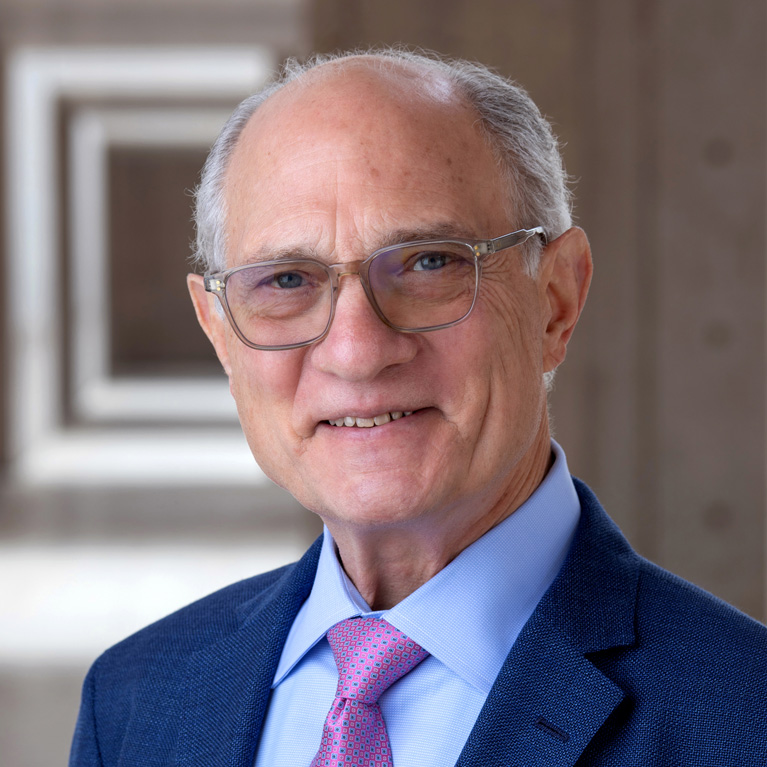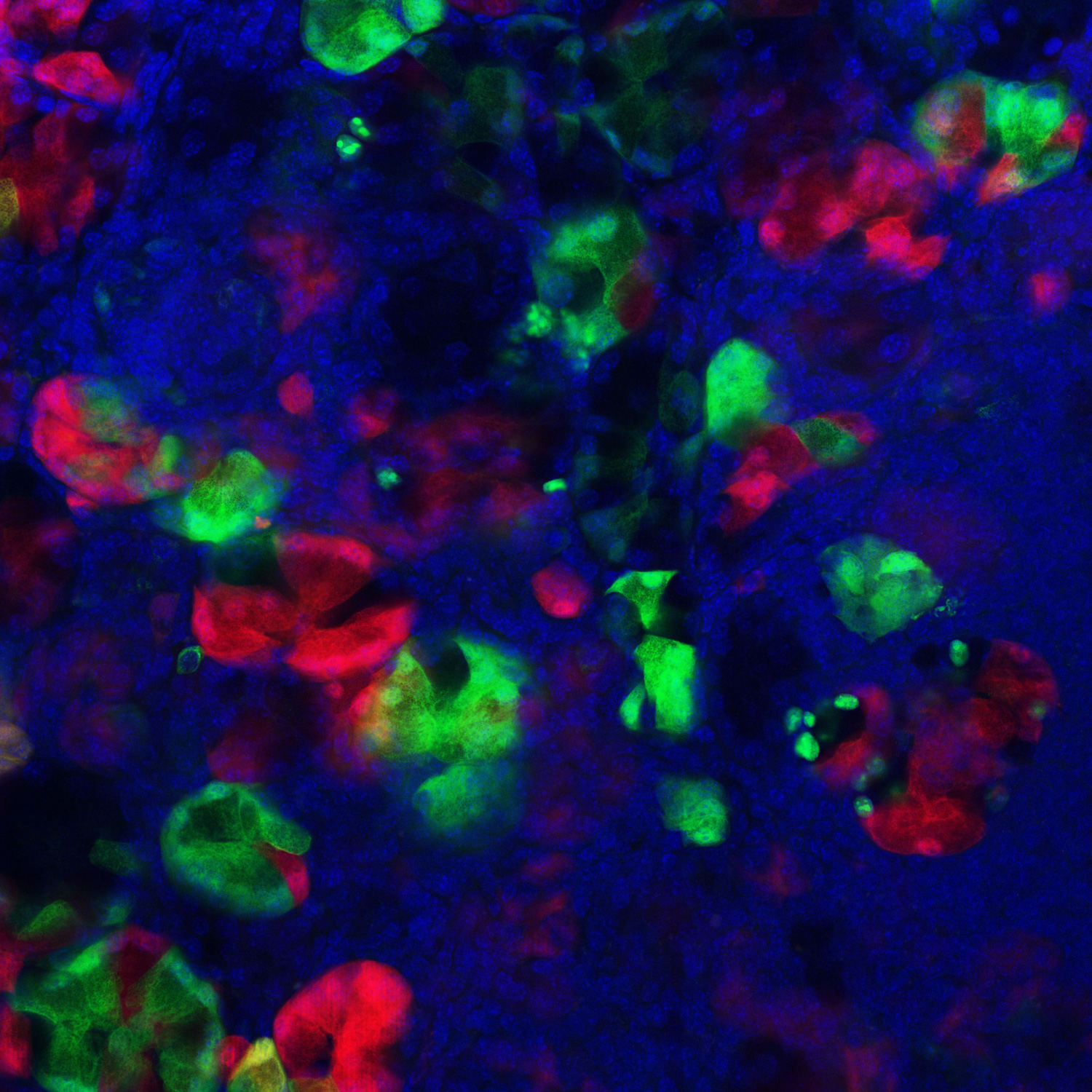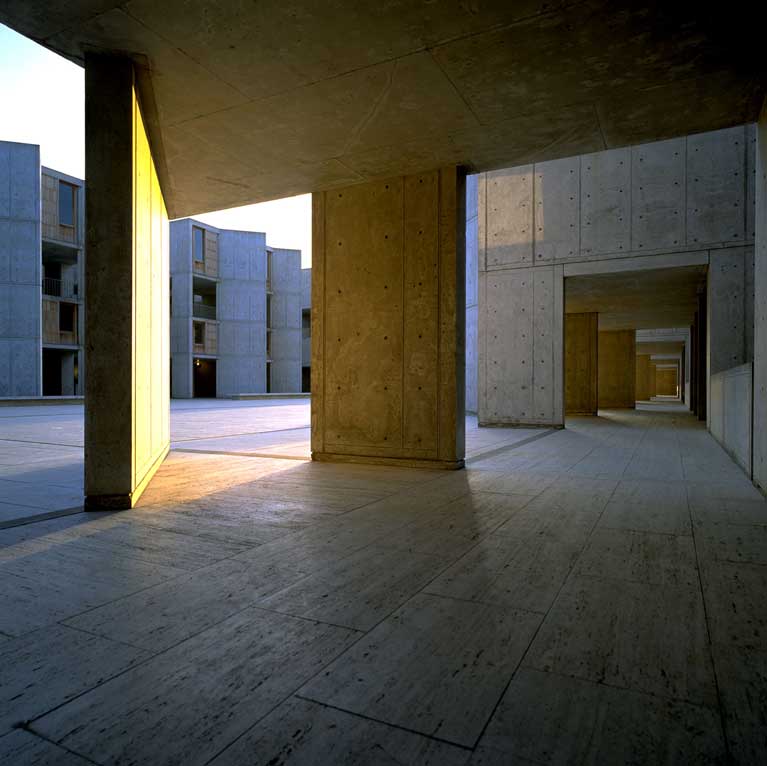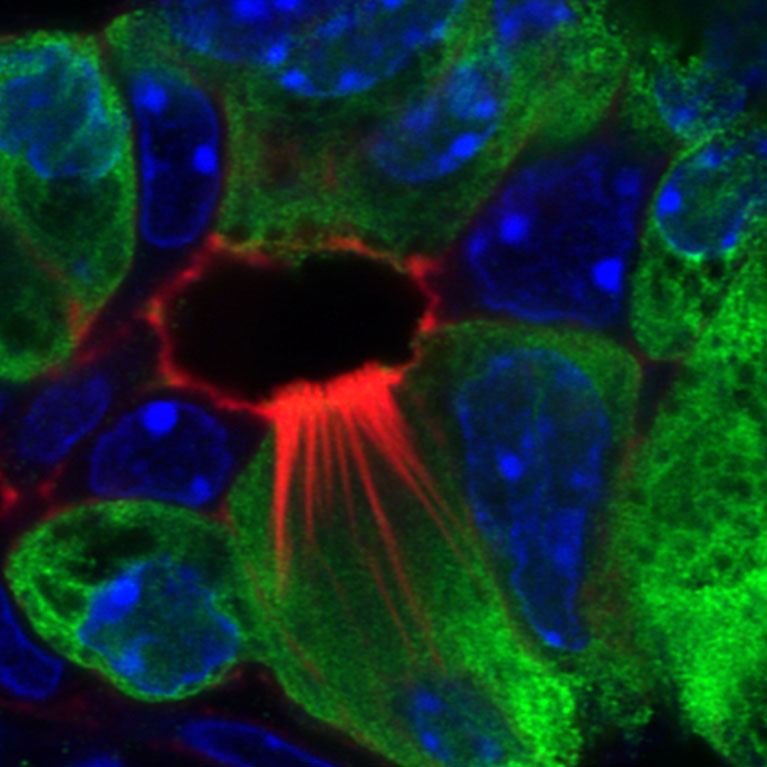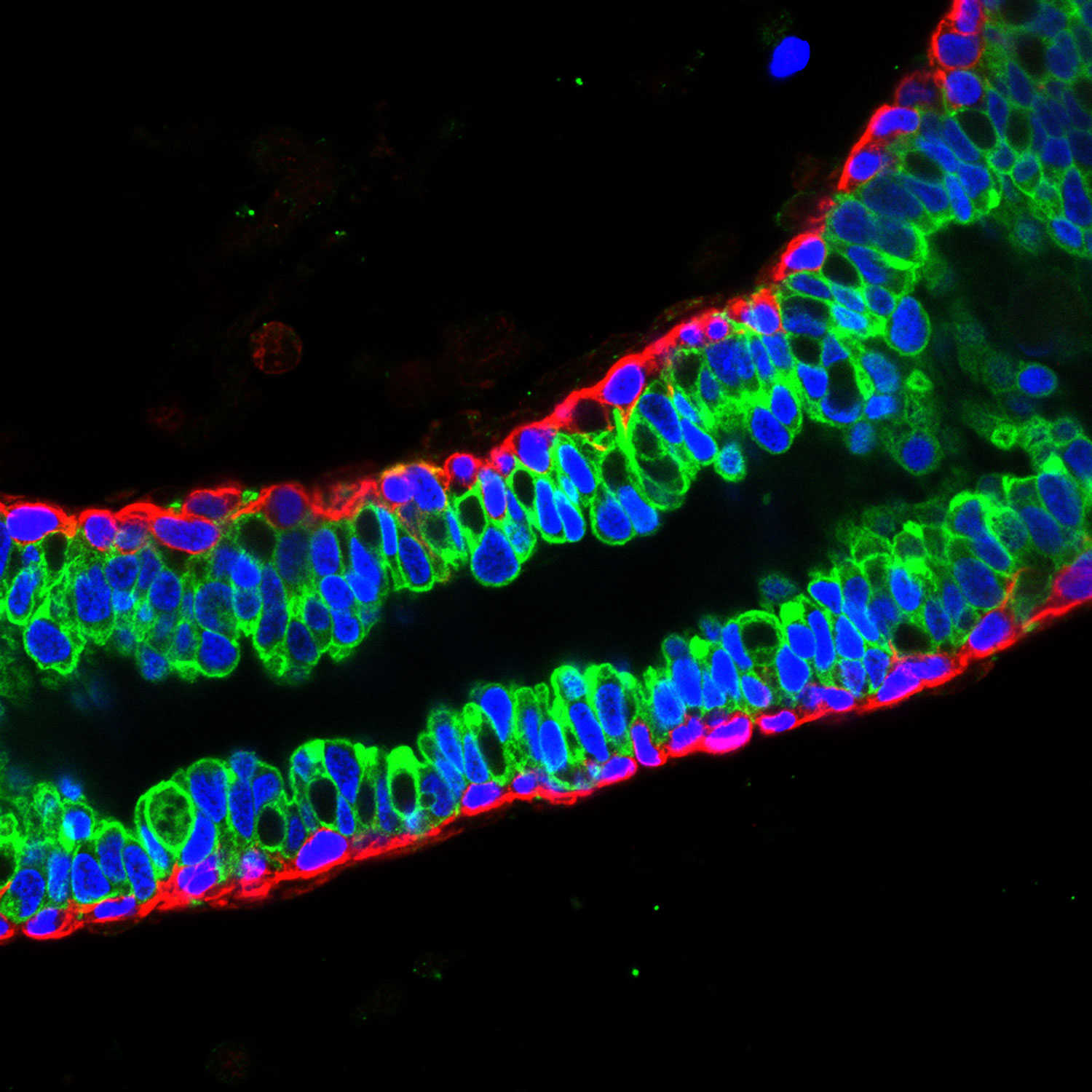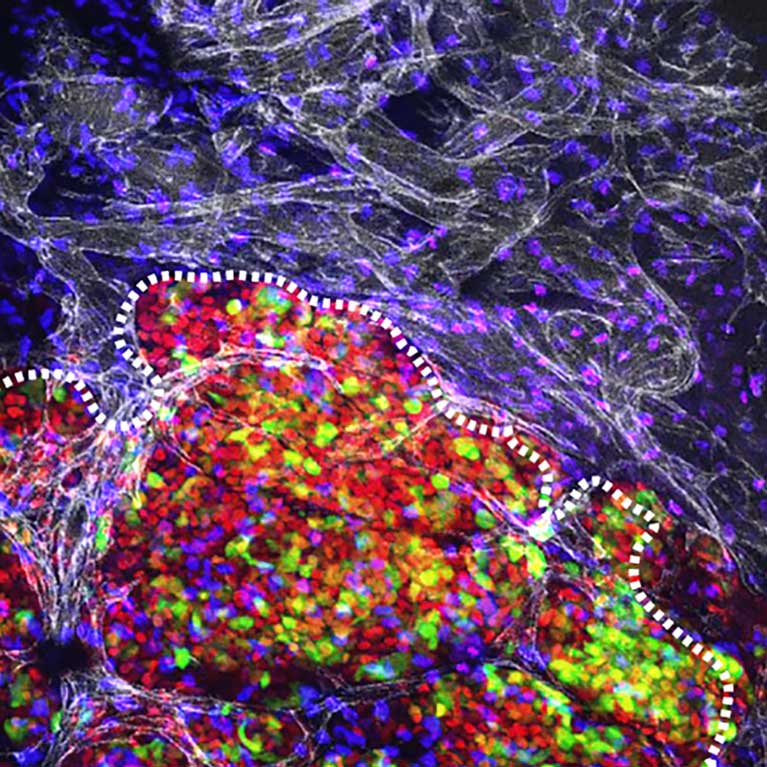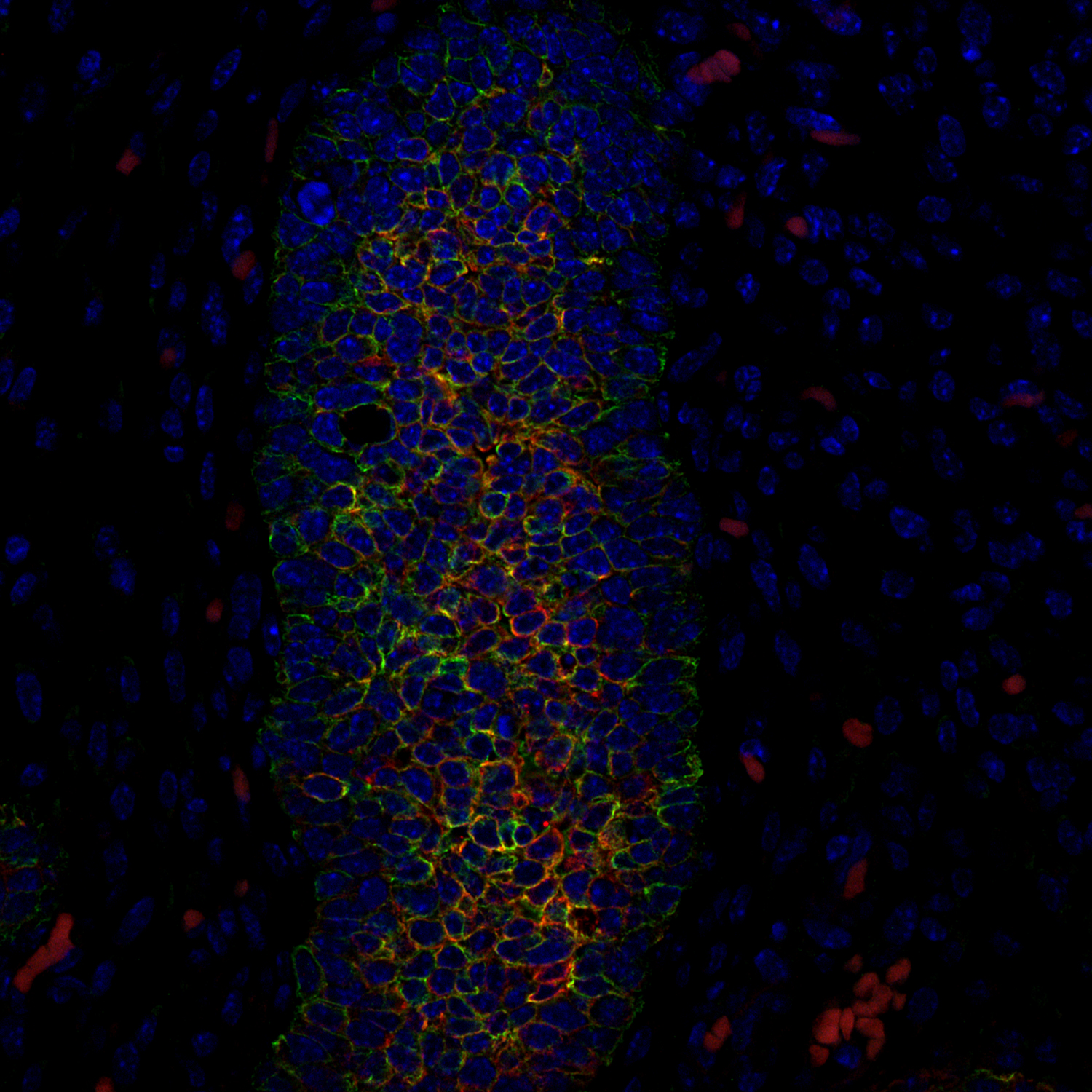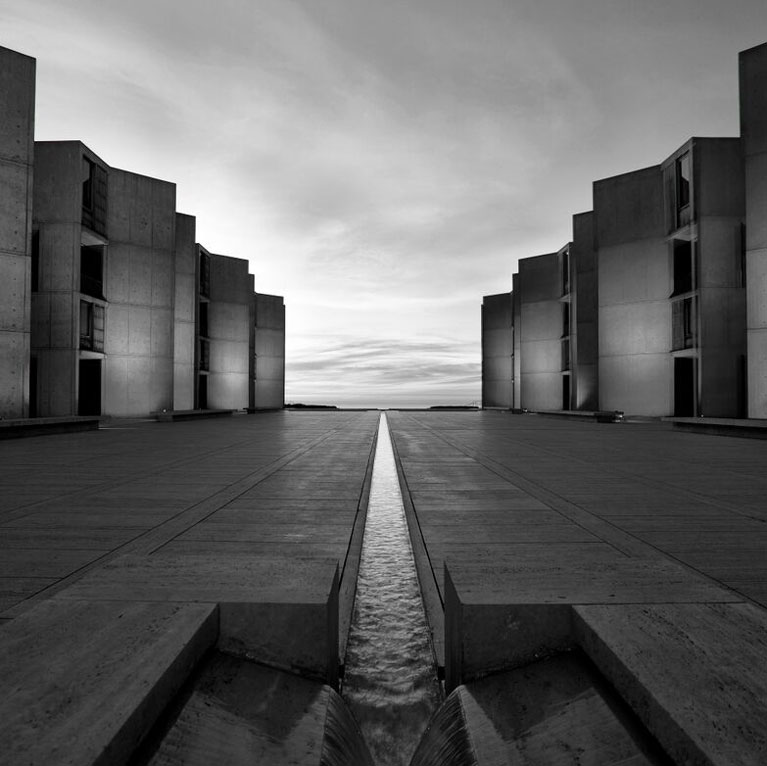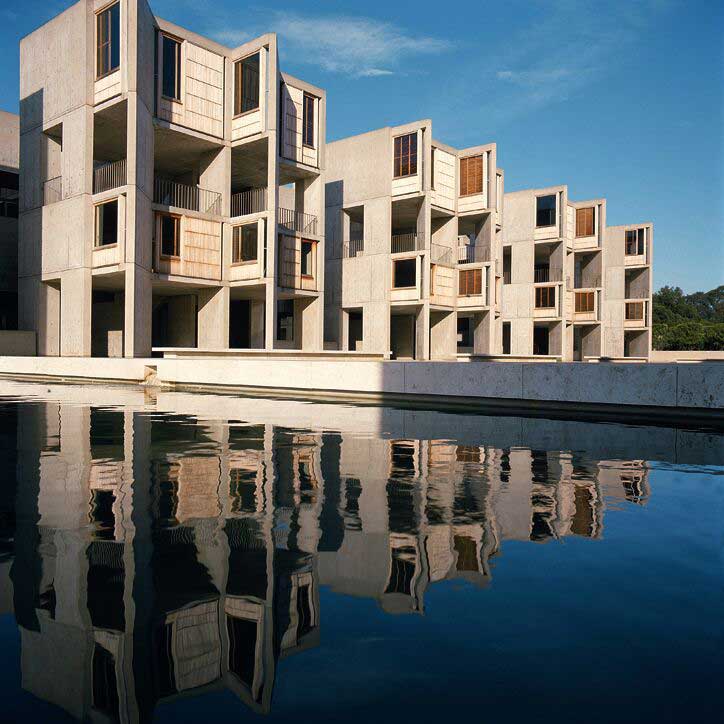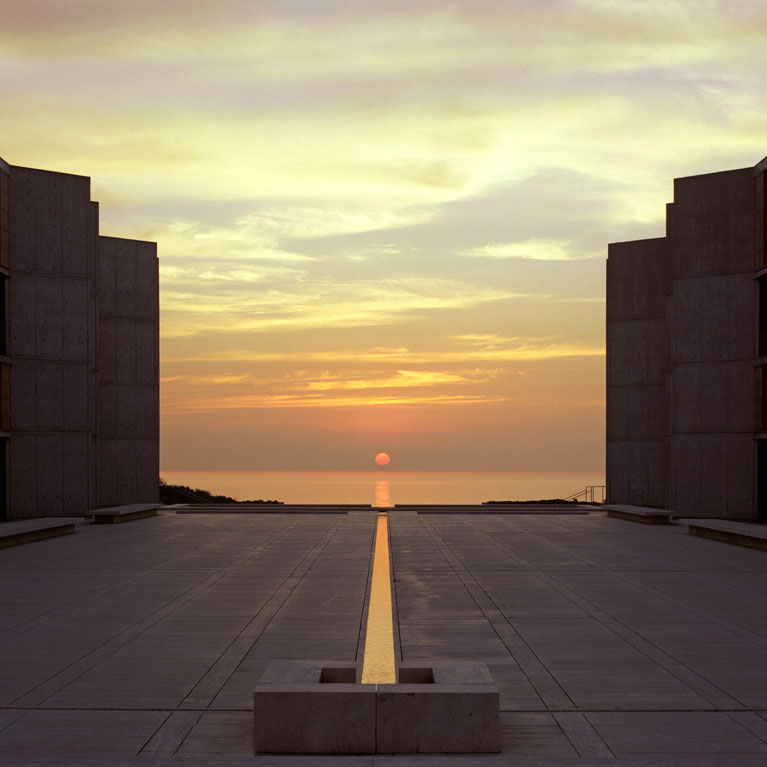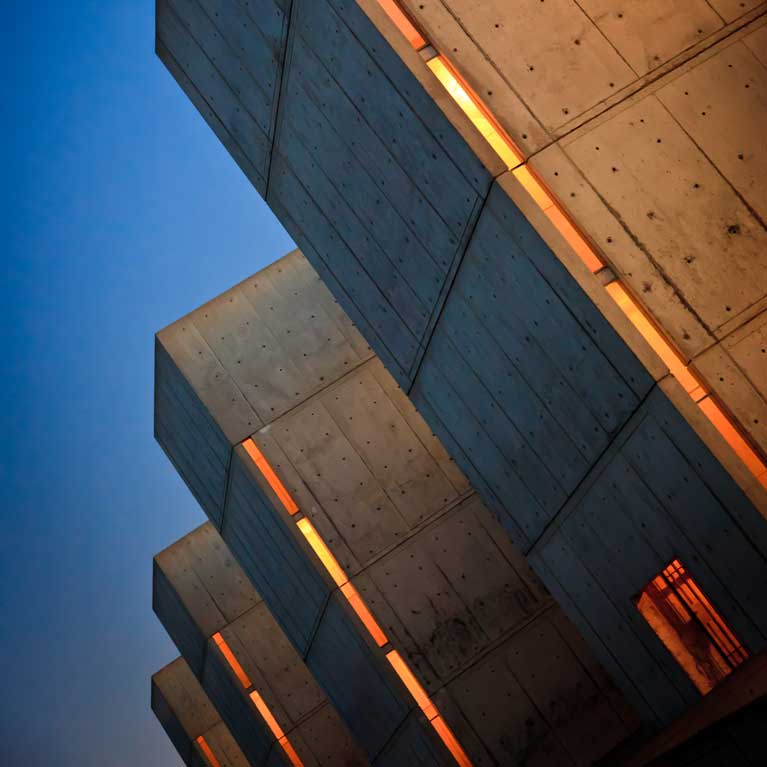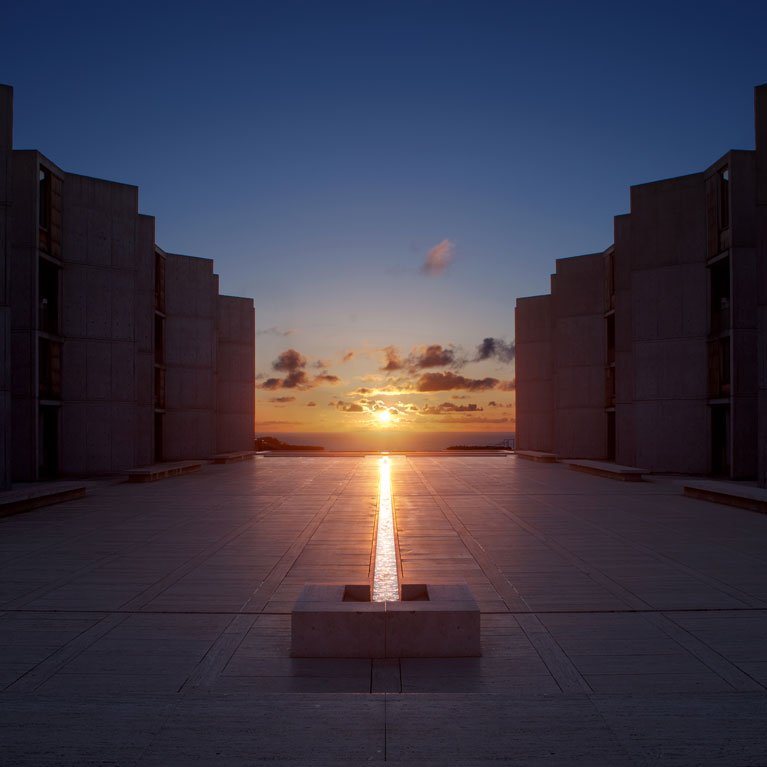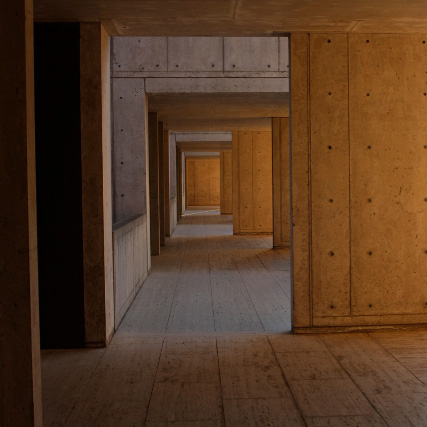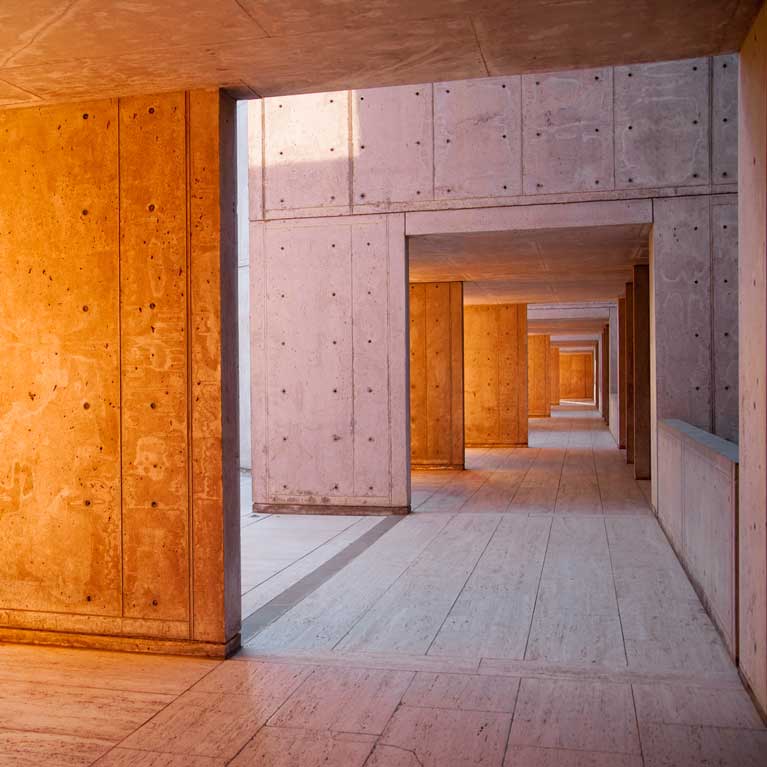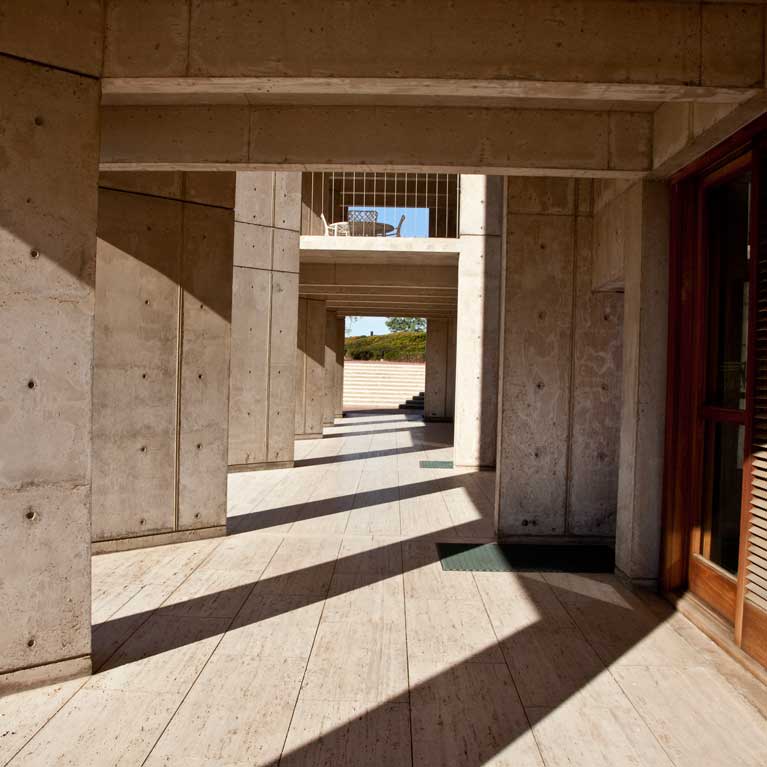Press
Salk Institute Professor Geoffrey Wahl receives 2022 Susan G. Komen® Brinker Award
LA JOLLA—Salk Institute Professor Geoffrey Wahl has received the 2022 Brinker Award for Scientific Distinction in Basic Science from Susan G. Komen®, the world’s leading breast cancer organization. According to the foundation, the award recognizes leading scientists who have made the most significant advances in breast cancer research and medicine. Wahl was honored for his significant contributions to the field of cancer genetics, including the mechanisms of drug resistance and genome stability. He will present a keynote lecture at the 45th annual San Antonio Breast Cancer Symposium in early December 2022.
Uncovering how injury to the pancreas impacts cancer formation
LA JOLLA—Scientists at the Salk Institute and Vanderbilt University School of Medicine Basic Sciences have found that cells in the pancreas form new cell types to mitigate injury, but are then susceptible to cancerous mutations. The research, led by Salk Professor Geoffrey Wahl and Vanderbilt Assistant Professor Kathy DelGiorno, former staff scientist in the Wahl lab, was published in the journal Gastroenterology on October 22, 2021.
Location, location, location: the cell membrane facilitates RAS protein interactions
LA JOLLA—Many cancer medications fail to effectively target the most commonly mutated cancer genes in humans, called RAS. Now, Salk Professor Geoffrey Wahl and a team of scientists have uncovered details of how normal RAS interacts with mutated RAS and other proteins in living cells for the first time. The findings, published in The Proceedings of the National Academy of Sciences on May 18, 2020, could aid in the development of better RAS-targeted cancer therapeutics.
Mysterious tuft cells found to play role in pancreatitis
LA JOLLA—Persistent inflammation of the pancreas (chronic pancreatitis) is a known risk factor for developing pancreatic cancer, the third-deadliest cancer in the United States. Tuft cells—cells sensitive to chemical (chemosensory) changes typically found in the intestines and respiratory tract—had previously been discovered in the pancreas, but their function has largely remained a mystery. Now, a team of Salk scientists led by Professor Geoffrey Wahl and Staff Scientist Kathleen DelGiorno has uncovered the formation of tuft cells during pancreatitis and the surprising role of tuft cells in immunity, using mouse models of pancreatitis. The findings, published in Frontiers in Physiology on February 14, 2020, could lead to the development of new biomarkers to test for pancreatitis and pancreatic cancer.
Mapping normal breast development to better understand cancer
LA JOLLA—Breast cancer is one of the most prevalent cancers, and some forms rank among the most difficult to treat. Its various types and involvement of many different cells makes targeting such tumors difficult. Now, Salk Institute researchers have used a state-of-the-art technology to profile each cell during normal breast development in order to understand what goes wrong in cancer.
A master switch controls aggressive breast cancer
LA JOLLA—A team at the Salk Institute has identified a master switch that appears to control the dynamic behavior of tumor cells that makes some aggressive cancers so difficult to treat. The gene Sox10 directly controls the growth and invasion of a significant fraction of hard-to-treat triple-negative breast cancers.
Back to the future: breast cancer reprises pathways found in fetal cells
LA JOLLA—Using just a microscope, Italian surgeon Francesco Durante was struck by the similarities between cells in the most malignant cancers and the embryonic cells of the organ in which the cancer originated.
Salk researchers win five competitive grants for cancer research
LA JOLLA—Salk Institute scientists Ronald Evans, Diana Hargreaves, Tony Hunter, Graham McVicker and Geoffrey Wahl are among the first wave of researchers to receive funding from Padres Pedal the Cause, one of one of the largest stand-alone cancer fundraising events in San Diego. The nonprofit raised $2.4 million for cancer research in November 2017, thanks to the efforts of more than 3,000 bicycle riders, sponsors, volunteers and donors.
Salk Institute launches Conquering Cancer Initiative
LA JOLLA—On Friday, April 20, 2018, the Salk Institute launched a new initiative called Conquering Cancer, to harness specific and emerging scientific strategies to tackle the five deadliest cancers: pancreatic, ovarian, lung, brain (glioblastoma) and triple-negative breast.
Errant gene turns cells into mobile cancer factories
LA JOLLA–A single stem cell has the potential to generate an animal made of millions of different types of cells. Some cancers contain stem-like but abnormal cells that can act like mini factories to rapidly churn out not only more copies of themselves, but also variants that are able to better survive in the challenging and changing environments to which cancers are exposed. Worse still, these stem cell-like cancers can spread to other tissues in the body, causing metastasis.
Geoffrey Wahl named a National Cancer Institute Outstanding Investigator Award recipient to further his cancer research
LA JOLLA—Salk Professor Geoffrey Wahl will receive the National Cancer Institute (NCI) Outstanding Investigator Award (OIA), which encourages cancer research with breakthrough potential. Wahl, a professor in Salk’s Gene Expression Laboratory, will receive $7.9 million over a seven-year period to further his cancer research.
Salk scientists unveil powerful method to speed cancer drug discovery
LA JOLLA–For decades, researchers have struggled to translate basic scientific discoveries about cancer into therapeutics that effectively–and with minimal side effects–shrink a tumor.
Pedal the Cause funds local ground-breaking cancer research with inaugural grant awards
LA JOLLA—Pedal the Cause, the region’s only multiday cycling fundraiser where 100 percent of the net proceeds goes to support cancer research in San Diego, today announced five research projects funded by the inaugural 2013 event. The Pedal the Cause grants offer enough support for initial experiments, which will ideally lead to grants from federal sources and to large-scale studies.
Ability to isolate and grow breast tissue stem cells could speed cancer research
LA JOLLA—By carefully controlling the levels of two proteins, researchers at the Salk Institute have discovered how to keep mammary stem cells—those that can form breast tissue—alive and functioning in the lab. The new ability to propagate mammary stem cells is allowing them to study both breast development and the formation of breast cancers.
Geoffrey Wahl elected to Academy of Arts and Sciences class of 2014 for outstanding scientific work
LA JOLLA—The American Academy of Arts and Sciences (AAAS) elected Salk Professor Geoffrey M. Wahl to its society, whose ranks include Nobel laureates, Pulitzer Prize recipients and Oscar winners, as well intellectual luminaries such as George Washington, Benjamin Franklin and Albert Einstein. Wahl joins 13 other Salk professors as members into the prestigious AAAS.
American Association for Cancer Research appoints Salk scientists to inaugural class of fellows
LA JOLLA, CA—The American Association for Cancer Research (AACR), the world’s oldest and largest professional organization dedicated to accelerating scientific progress to prevent and cure cancer, has selected four Salk scientists and two of the Institute’s nonresident fellows to be inducted in its first class of the fellows of the AACR Academy.
Prestigious endowed chairs awarded to Salk scientists
The Salk Institute is pleased to announce that faculty members Geoffrey M. Wahl and Martyn Goulding were celebrated as the recipients of endowed chairs in recognition of their significant scientific accomplishments at a special reception on March 29. Joseph Ecker, professor in Salk’s Plant Molecular and Cellular Biology Laboratory, who was named holder of the International Council Chair in Genetics in September 2011, was also honored at the ceremony.
Salk scientists use an old theory to discover new targets in the fight against breast cancer
LA JOLLA, CA—Reviving a theory first proposed in the late 1800s that the development of organs in the normal embryo and the development of cancers are related, scientists at the Salk Institute for Biological Studies have studied organ development in mice to unravel how breast cancers, and perhaps other cancers, develop in people. Their findings provide new ways to predict and personalize the diagnosis and treatment of cancer.
The genome guardian’s dimmer switch: regulating p53 is a matter of life or death
LA JOLLA, CA—Scientists at the Salk Institute for Biological Studies have found clues to the functioning of an important damage response protein in cells. The protein, p53, can cause cells to stop dividing or even to commit suicide when they show signs of DNA damage, and it is responsible for much of the tissue destruction that follows exposure to ionizing radiation or DNA-damaging drugs such as the ones commonly used for cancer therapy. The new finding shows that a short segment on p53 is needed to fine-tune the protein’s activity in blood-forming stem cells and their progeny after they incur DNA damage.
The stemness of cancer cells
LA JOLLA, CA—A close collaboration between researchers at the Salk Institute for Biological Studies and the Institute for Advanced Study found that the tumor suppressor p53, long thought of as the “Guardian of the Genome,” may do more than thwart cancer-causing mutations. It may also prevent established cancer cells from sliding toward a more aggressive, stem-like state by serving as a “Guardian against Genome Reprogramming.”
Tumor suppressor pulls double shift as reprogramming watchdog
LA JOLLA, CA—A collaborative study by researchers at the Salk Institute for Biological Studies uncovered that the tumor suppressor p53, which made its name as “guardian of the genome,” not only stops cells that could become cancerous in their tracks but also controls somatic cell reprogramming.
The two faces of Mdmx: Why some tumors don’t respond to radiation and chemotherapy
LA JOLLA, CA—A tightly controlled system of checks and balances ensures that a powerful tumor suppressor called p53 keeps a tight lid on unchecked cell growth but doesn’t wreak havoc in healthy cells. In their latest study, scientists at the Salk Institute for Biological Studies suggest just how finely tuned the system is and how little it takes to tip the balance.
Salk Institute Scientist Plays Pivotal Role in More Than $100 Mill National “Stand Up To Cancer” Fundraising, Pancreatic Cancer Research “Dream Team”
La Jolla-More than three years ago, while serving as president-elect and then president of the American Association for Cancer Research (AACR), Salk scientist Geoff Wahl had an epiphany: cancer research needed a grassroots American fundraising movement reminiscent of the polio-inspired March of Dimes.
Geoffrey M. Wahl named 2008 AAAS Fellow
Salk researcher Geoffrey M. Wahl, a professor in the Gene Expression Laboratory, has been awarded the distinction of AAAS Fellow, an honor bestowed upon members of the American Association for the Advancement of Science by their peers.
New model of p53 regulation proposed that suggests novel anticancer strategy
La Jolla, CA – Genetically engineered mice convinced scientists at the Salk Institute for Biological Studies that it was time to overhaul widely held beliefs about how a powerful tumor suppressor called p53 is controlled in cells. Their new model of p53 regulation has important implications for the development of anticancer drugs.
Cancer related gene p53 not regulated as indicated by previous tissue culture research; results may be relevant to drug development
La Jolla, CA – The cellular cascade of molecular signals that instructs cells with fatally damaged DNA to self-destruct pivots on the p53 tumor suppressor gene. If p53 is inactivated, as it is in over half of all human cancers, checks and balances on cell growth fail to operate, and body cells start to accumulate mutations, which ultimately may lead to cancer. Not surprisingly, the regulation of this vital safeguard has been studied in great detail for many years but mainly in tissue culture, or in vitro, models.
Salk Institute scientist Geoff Wahl named President-elect of world’s largest cancer research organization
La Jolla, CA – Geoffrey M. Wahl, Ph.D., professor at the Salk Institute for Biological Studies, recently was elected the 2006-07 president of the American Association for Cancer Research (AACR), the world’s oldest and largest professional organization dedicated to accelerating scientific progress to prevent and cure cancer.
Elusive chromosomal “ignition” identified by Salk scientists
La Jolla, CA – Before the engine that drives cell division goes into gear, it must receive a biological spark from its genetic machinery to set the process in motion. In the current issue of the journal Science, researchers from The Salk Institute for Biological Studies say they have identified that “ignition” point on a human chromosome. Their findings should further understanding of how cell division is normally controlled and how it might be brought back under control in cancer cells.
